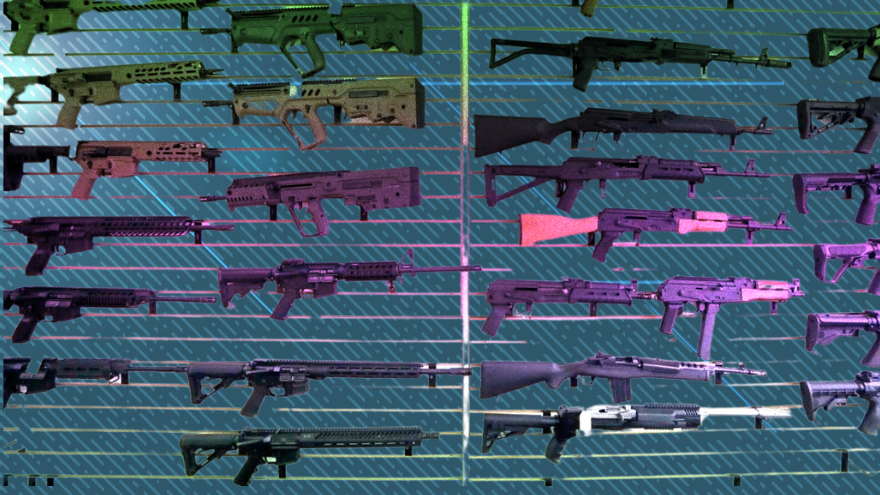This summer, Second Amendment advocacy group Gun Owners of America (GOA) discovered language in the bill they say amounted to a “backdoor gun ban,” targeting lawfully obtained 3D printed firearms and “ghost guns.” Lawmakers were being asked to permanently authorize the Undetectable Firearms Act of 1988, which made it illegal to manufacture import, sell, ship, deliver, possess, transfer, or receive any firearm that is not detectable by walk-through metal detectors. According to GOA, the legislation as written would have allowed the Biden administration the ability to potentially enact gun bans more sweeping than pistol braces and also eliminate accountability if the statues were weaponized by the government. There were both House and Senate versions of the bill, but the House version did not have gun control included. The Senate version made it through committee onto the floor without any gun control provisions, until Sen. Chuck Schumer (D-N.Y.) used the amendment process to add it, according to Aidan Johnston, Director of Federal Affairs for GOA. When competing versions of a bill are passed, members of both chambers of Congress go into conference to work out the differences and craft language of a final bill that can pass both the House and Senate. It was during that process, over the past few weeks, that gun control was ultimately removed, Johnston told SCNR during an interview. “The Undetectable Firearms Act has been around since 1988 and gets reauthorized every 10-ish years. One time, they reauthorized it for five years,” said Johnston. “The only thing that changed in the Senate version was making it permanent,” he explained. “And by making it permanent and eliminating that 10-year sunset, you've eliminated all accountability that Congress has to hold the Department of Justice [accountable] to not weaponize it. If the law were to become permanent, rather than letting it expire and reauthorizing it, lawmakers would actually have to vote to repeal it if an anti-gun administration were to weaponize it. “And the Biden administration has already weaponized so many statutes against the American people, one of which was the legal definition of what constitutes a frame or receiver of a firearm that needs a background check,” Johnston remarked. In April of 2022, the U.S. Attorney General signed ATF final rule 2021R-05F, which, in part, augmented the definition of what is considered a firearm to include small gun parts. “And the problem with changing the definition of what is a firearm to be tiny little gun parts is now those tiny little gun parts aren't allowed to be all plastic,” said Johnston. “A Glock might have up to 16 parts that were regulated as a firearm. So, no longer just one part is a gun and every other part is just an accessory. Now, it would be 16 regulated parts that you need a background check to transfer,” he noted. Johnston also said that congressional Democrats are fear mongering over the issue of 3D printed guns and so-called “ghost guns” and are expected to launch a public campaign over the next few weeks to try and scare the public on the issue of undetectable firearms.A gun control provision that was slipped into the 2024 National Defense Authorization Act (NDAA) has been removed prior to the bill’s passage.
Legislation /
Gun Control Stripped From Final Version of NDAA Bill
Constitutional rights advocacy org says congressional Democrats will continue their assault against the Second Amendment

*For corrections please email [email protected]*
